Soil Pollution from Wastewater from the Toilet (Gazprom Refueling)
Coordinates: 42.217765, 73.697571
Septic tanks, which are one of the most common systems for wastewater treatment in private homes and rural areas, play an important role in the disposal of household waste. However, improper use or malfunctions of septic tanks can lead to soil contamination with wastewater, posing serious risks to both human health and the environment. In this article, we will examine the dangers associated with soil contamination from septic wastewater and the potential consequences for the environment. When properly operated, a septic tank should prevent environmental pollution. However, system overload, lack of regular maintenance, or breaches in the tank's integrity can cause wastewater to seep into the soil in an inadequately treated state.
Improper installation and maintenance of the septic tank. If the system is improperly installed or designed, leaks of wastewater may occur. This can happen if the septic tank is located too close to water bodies or groundwater, or if the drainage field is too small for the volume of wastewater.
System overload. If the volume of wastewater exceeds the septic tank's capacity, the system cannot handle the treatment, and untreated water may infiltrate the environment.
Malfunctions and wear. Septic tanks require regular maintenance. Tank ruptures, clogs, or damage to drainage pipes can lead to uncontrolled discharge of wastewater into the soil.
Contamination of drinking water. One of the most serious consequences of soil contamination with wastewater is the risk of contaminating groundwater aquifers that may be used for drinking water supply. Water contaminated with septic wastewater may contain pathogenic microorganisms such as E. coli, salmonella, viruses, and parasites. The presence of these microorganisms in drinking water can cause acute intestinal infections, hepatitis, and other dangerous diseases.
Toxic effects of chemicals. Many household wastewater contains chemicals such as detergents, cleaning agents, pharmaceuticals, and other household chemicals. If these substances enter the soil in large concentrations, they can have toxic effects on human health through contaminated water sources and food grown on polluted land.
Spread of unpleasant odors. Improper functioning of the septic tank often leads to the spread of unpleasant odors, which can diminish the quality of life for residents in nearby homes and properties.
Soil contamination. Septic wastewater contains a large amount of organic matter, nitrogen, phosphates, and other nutrients. When entering the soil in an untreated state, they alter the chemical composition of the soil, causing it to become acidic or, conversely, overly enriched. This can lead to soil structure disruption and reduced fertility.
Eutrophication of water bodies. Wastewater entering rivers, lakes, and other water bodies can cause eutrophication—a process in which water becomes oversaturated with nutrients such as phosphates and nitrates. This leads to rapid algae growth, decreased oxygen levels in the water, and the death of aquatic organisms such as fish.
Loss of biodiversity. Soil and water contamination with chemicals and pathogens present in wastewater leads to ecosystem degradation. Plants, animals, and microorganisms inhabiting polluted environments experience stress, and many species may disappear, reducing biodiversity.
Soil erosion. Excess moisture from wastewater can alter the soil structure, making it more susceptible to erosion. In mountainous areas, where drainage may be limited, this is particularly dangerous, as erosion can lead to landslides and landscape destruction.
Soil and water pollution from wastewater has a long-lasting impact on ecosystems, disrupting natural processes and interactions among various ecosystem elements. For example, excess nutrients from wastewater can displace natural flora, promoting the growth of invasive plant species that suppress local species. Water and soil contaminated with wastewater lose their ability to support a healthy ecosystem, ultimately affecting the habitat quality for humans and animals.
Soil contamination with septic wastewater poses a serious threat to both human health and the environment. The risk of contamination of drinking water sources, degradation of soil quality, and disruption of ecosystems necessitates a responsible approach to the installation and maintenance of septic systems. To prevent these negative consequences, it is essential to strictly adhere to sanitary standards and implement modern wastewater disposal technologies.
Septic tanks, which are one of the most common systems for wastewater treatment in private homes and rural areas, play an important role in the disposal of household waste. However, improper use or malfunctions of septic tanks can lead to soil contamination with wastewater, posing serious risks to both human health and the environment. In this article, we will examine the dangers associated with soil contamination from septic wastewater and the potential consequences for the environment. When properly operated, a septic tank should prevent environmental pollution. However, system overload, lack of regular maintenance, or breaches in the tank's integrity can cause wastewater to seep into the soil in an inadequately treated state.
Improper installation and maintenance of the septic tank. If the system is improperly installed or designed, leaks of wastewater may occur. This can happen if the septic tank is located too close to water bodies or groundwater, or if the drainage field is too small for the volume of wastewater.
System overload. If the volume of wastewater exceeds the septic tank's capacity, the system cannot handle the treatment, and untreated water may infiltrate the environment.
Malfunctions and wear. Septic tanks require regular maintenance. Tank ruptures, clogs, or damage to drainage pipes can lead to uncontrolled discharge of wastewater into the soil.
Contamination of drinking water. One of the most serious consequences of soil contamination with wastewater is the risk of contaminating groundwater aquifers that may be used for drinking water supply. Water contaminated with septic wastewater may contain pathogenic microorganisms such as E. coli, salmonella, viruses, and parasites. The presence of these microorganisms in drinking water can cause acute intestinal infections, hepatitis, and other dangerous diseases.
Toxic effects of chemicals. Many household wastewater contains chemicals such as detergents, cleaning agents, pharmaceuticals, and other household chemicals. If these substances enter the soil in large concentrations, they can have toxic effects on human health through contaminated water sources and food grown on polluted land.
Spread of unpleasant odors. Improper functioning of the septic tank often leads to the spread of unpleasant odors, which can diminish the quality of life for residents in nearby homes and properties.
Soil contamination. Septic wastewater contains a large amount of organic matter, nitrogen, phosphates, and other nutrients. When entering the soil in an untreated state, they alter the chemical composition of the soil, causing it to become acidic or, conversely, overly enriched. This can lead to soil structure disruption and reduced fertility.
Eutrophication of water bodies. Wastewater entering rivers, lakes, and other water bodies can cause eutrophication—a process in which water becomes oversaturated with nutrients such as phosphates and nitrates. This leads to rapid algae growth, decreased oxygen levels in the water, and the death of aquatic organisms such as fish.
Loss of biodiversity. Soil and water contamination with chemicals and pathogens present in wastewater leads to ecosystem degradation. Plants, animals, and microorganisms inhabiting polluted environments experience stress, and many species may disappear, reducing biodiversity.
Soil erosion. Excess moisture from wastewater can alter the soil structure, making it more susceptible to erosion. In mountainous areas, where drainage may be limited, this is particularly dangerous, as erosion can lead to landslides and landscape destruction.
Soil and water pollution from wastewater has a long-lasting impact on ecosystems, disrupting natural processes and interactions among various ecosystem elements. For example, excess nutrients from wastewater can displace natural flora, promoting the growth of invasive plant species that suppress local species. Water and soil contaminated with wastewater lose their ability to support a healthy ecosystem, ultimately affecting the habitat quality for humans and animals.
Soil contamination with septic wastewater poses a serious threat to both human health and the environment. The risk of contamination of drinking water sources, degradation of soil quality, and disruption of ecosystems necessitates a responsible approach to the installation and maintenance of septic systems. To prevent these negative consequences, it is essential to strictly adhere to sanitary standards and implement modern wastewater disposal technologies.
The research was conducted with the support of the Global Greengrants Fund (GGF), one of the leading donor organizations in the world supporting grassroots efforts to protect the planet Earth. #GlobalGreengrantsFund #GreengrantsFund #Greengrants #GGF #GlobalGreengrantsFund




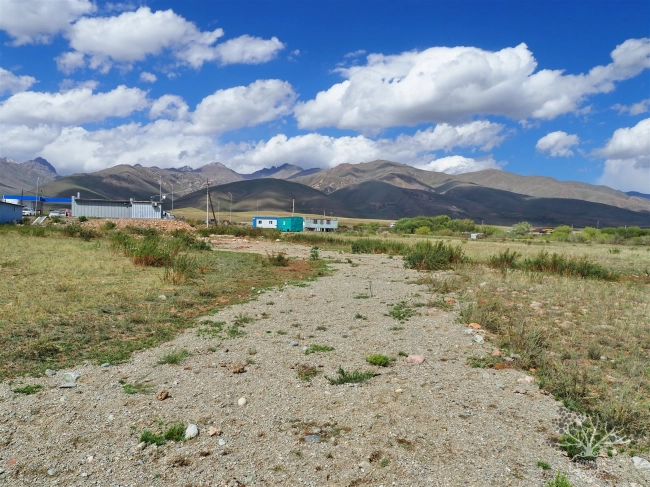
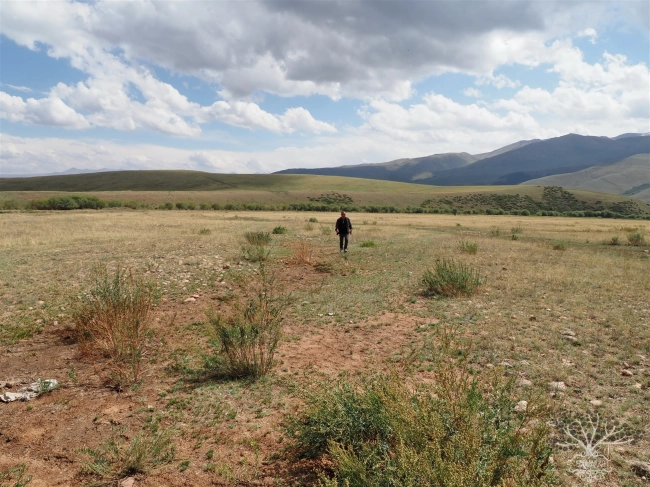
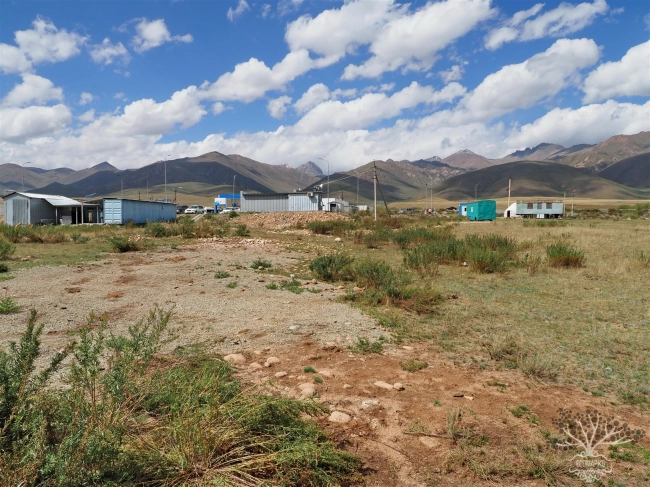
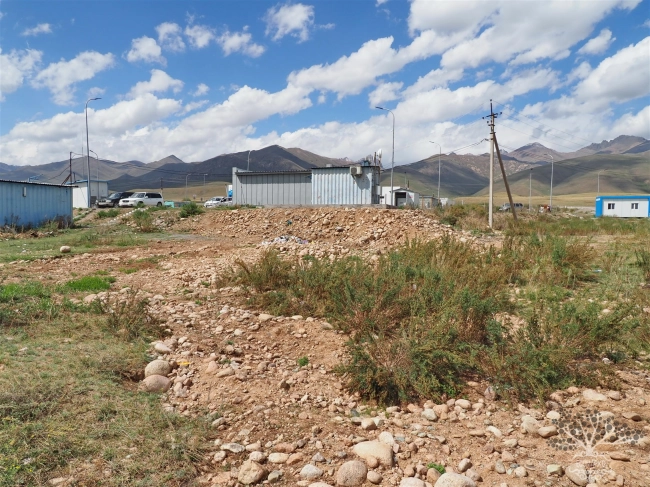
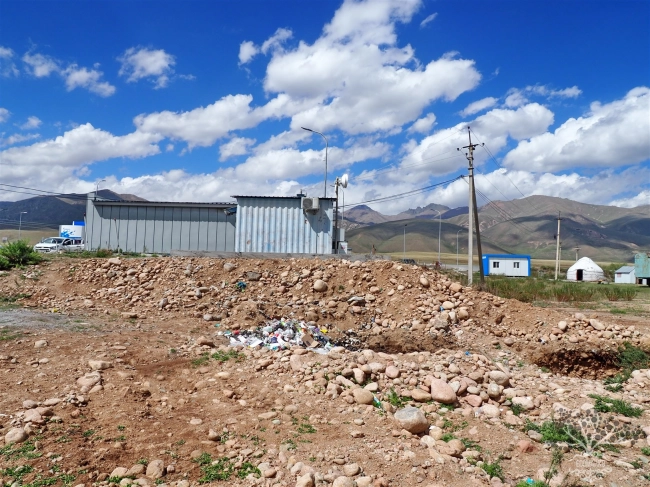


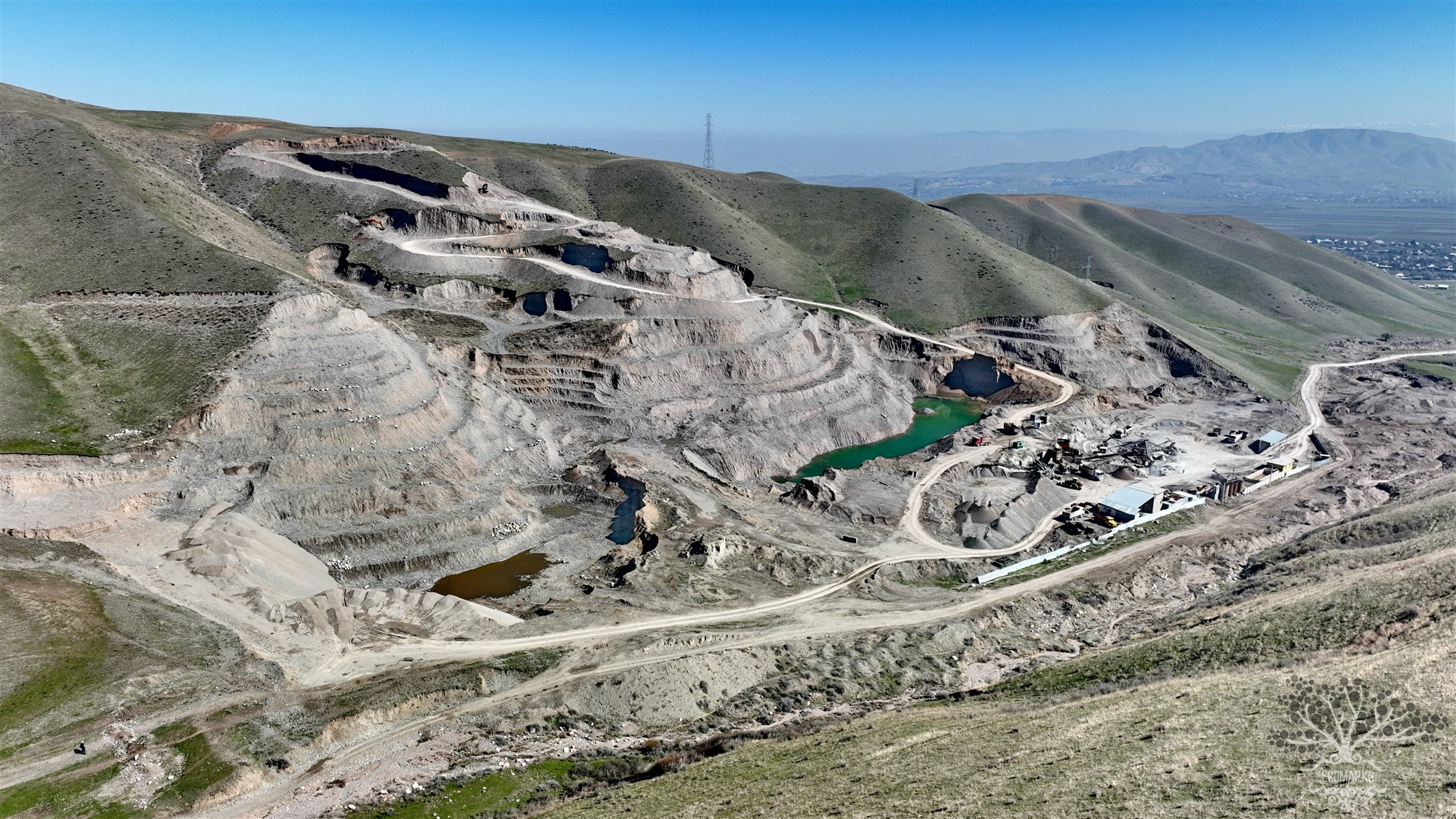
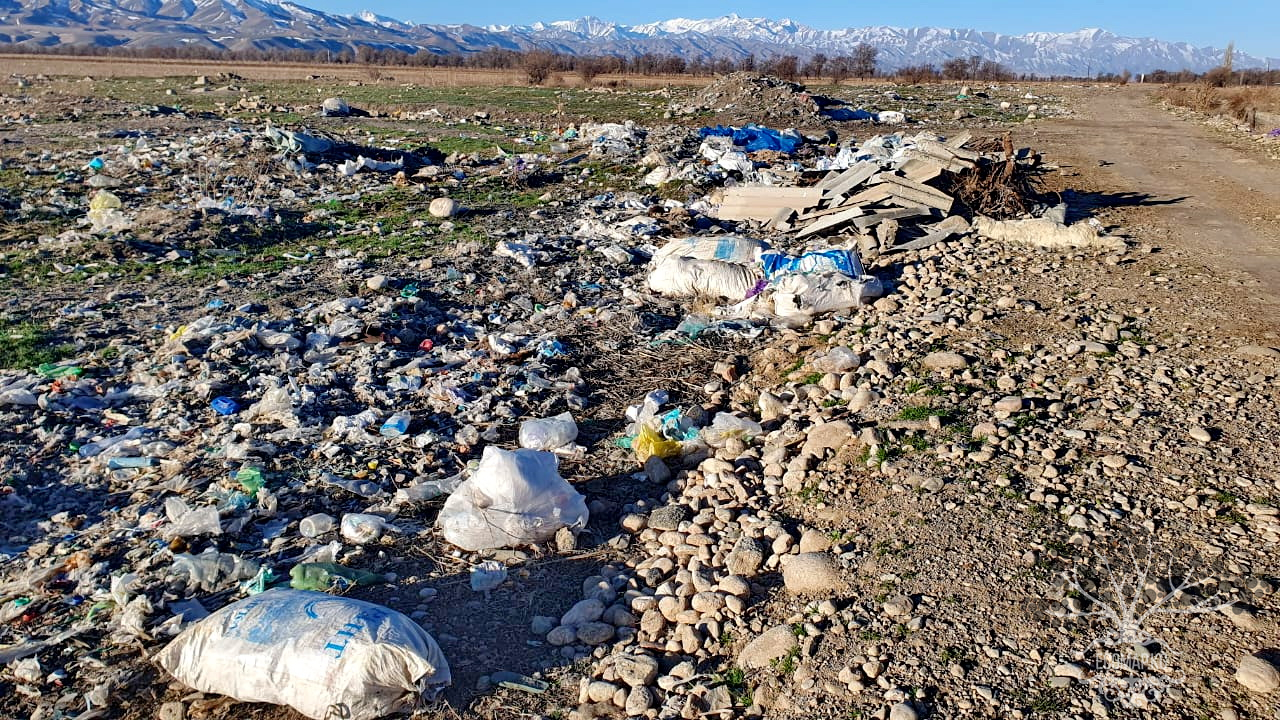
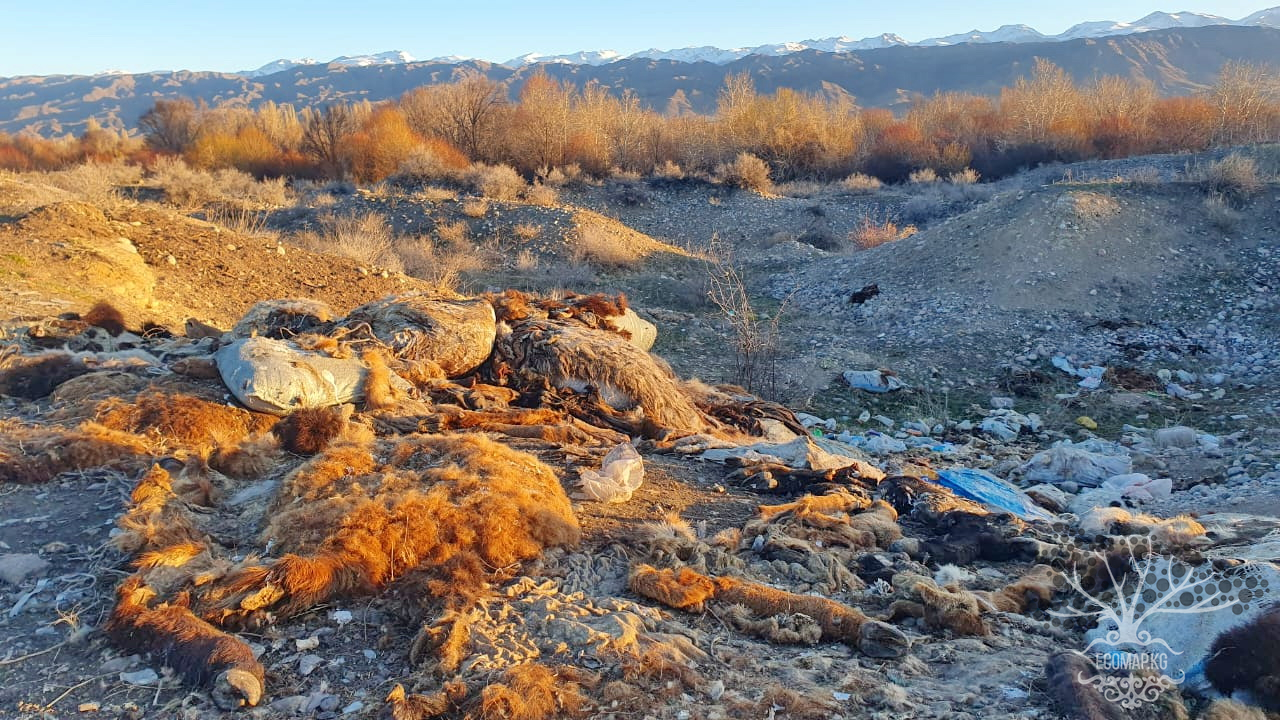
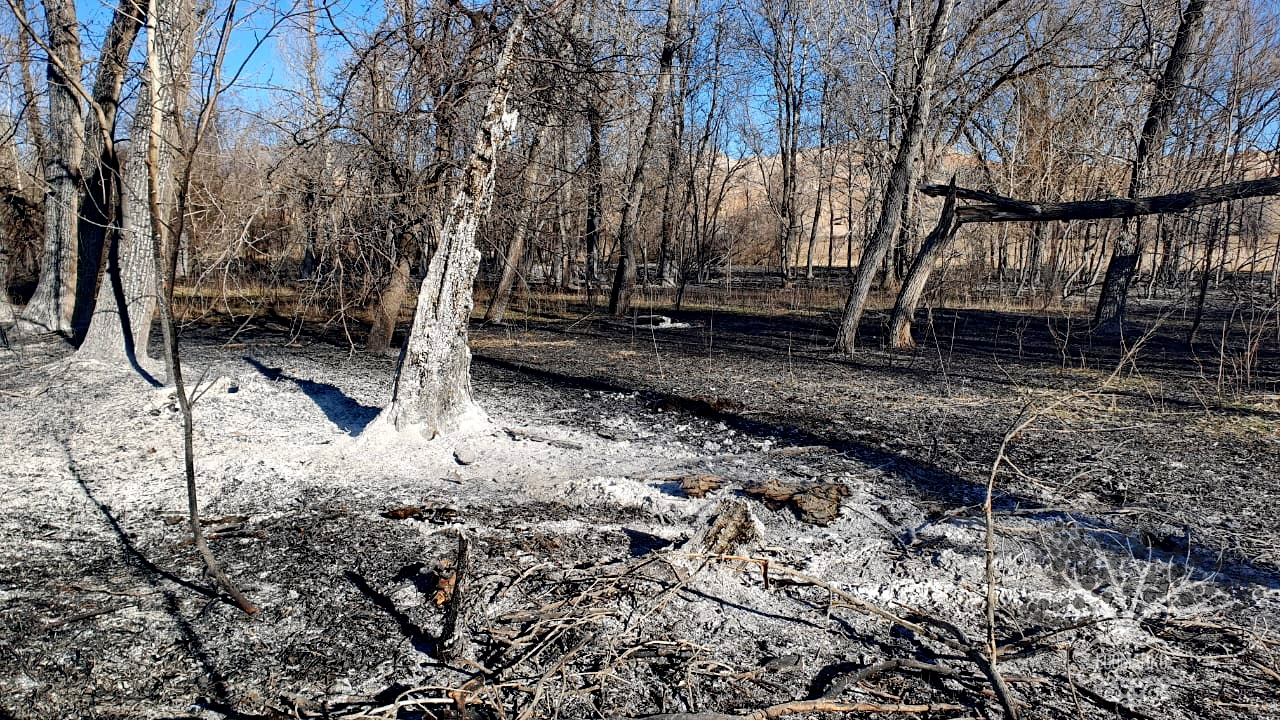


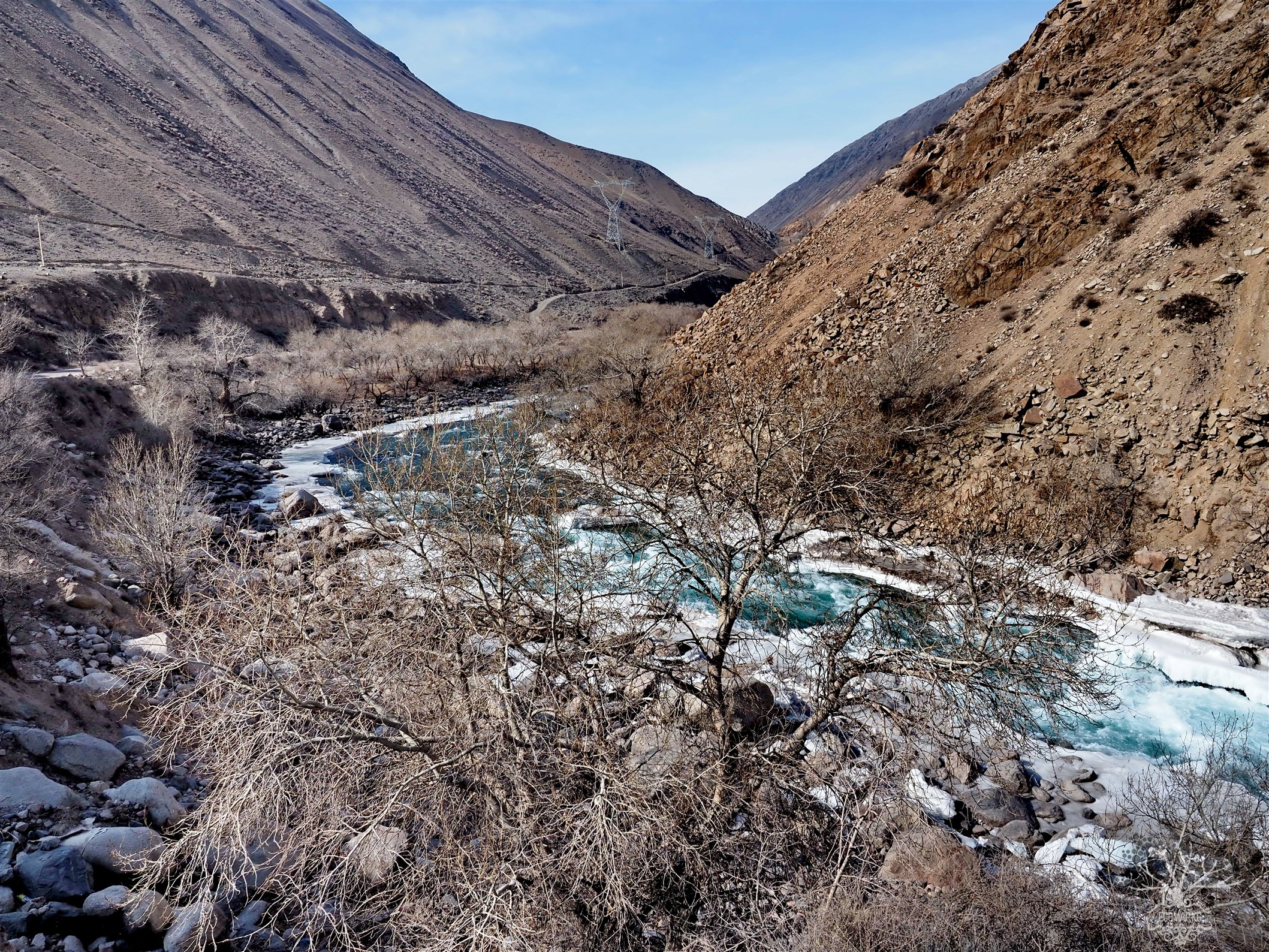
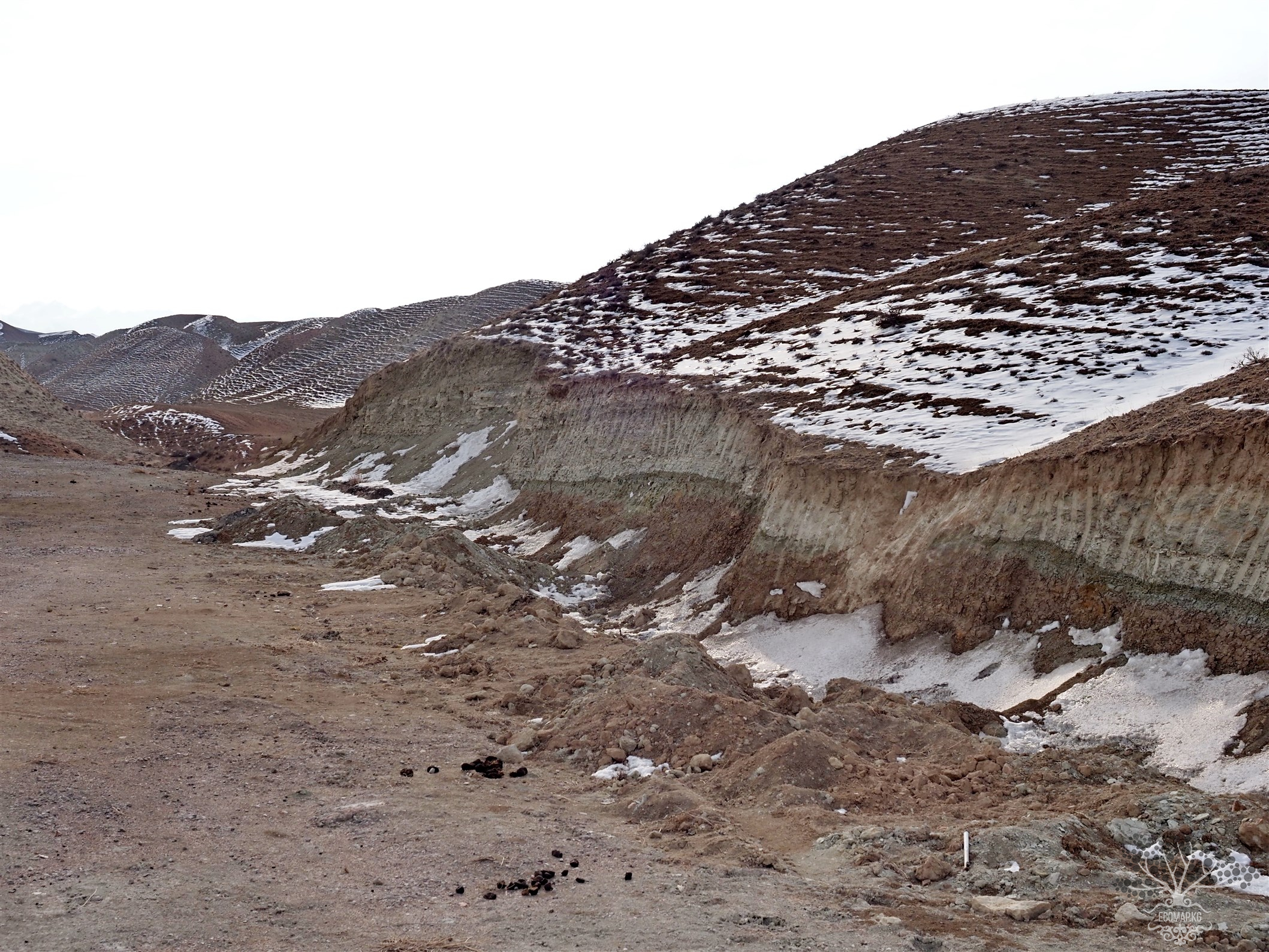
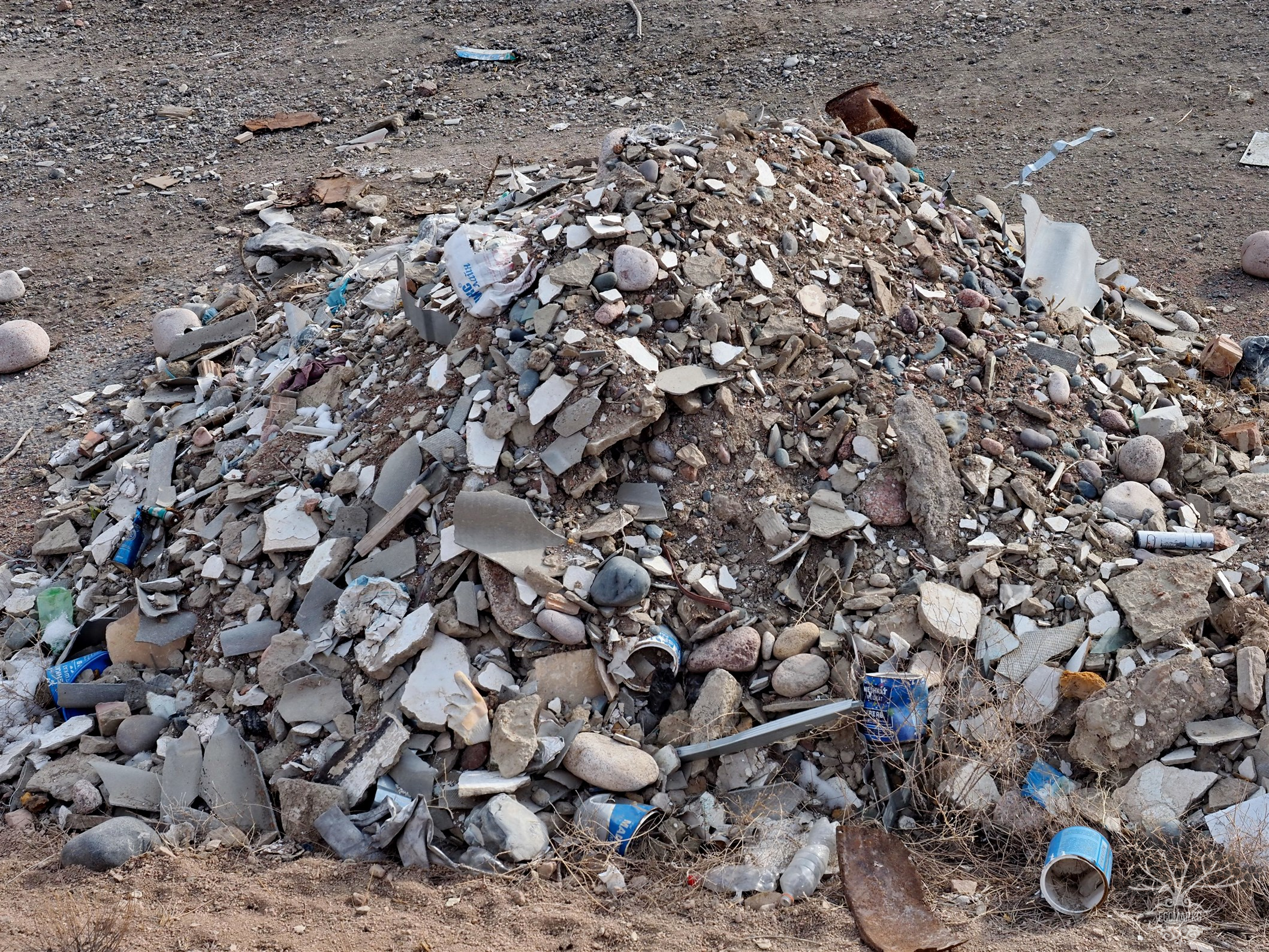
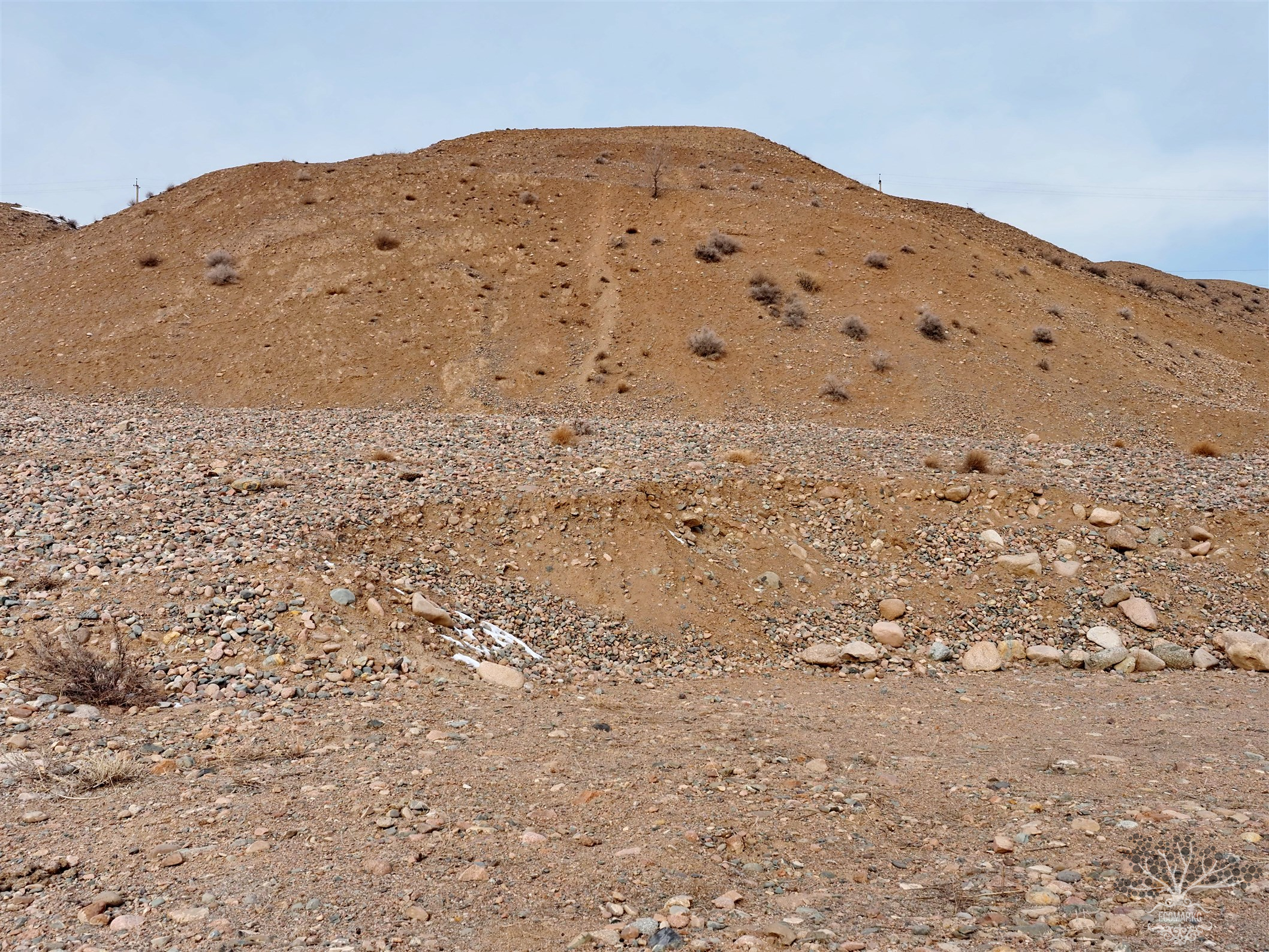


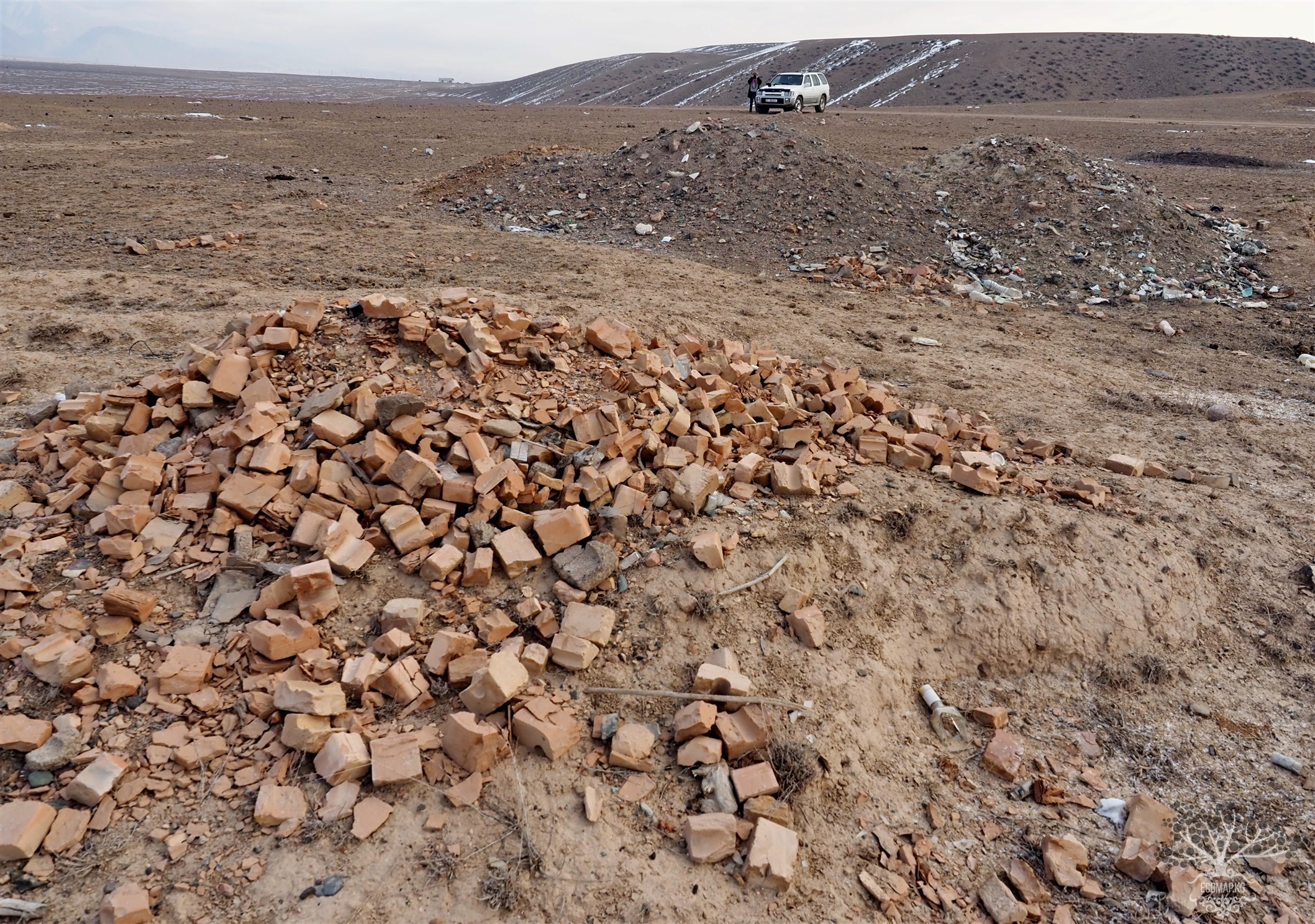
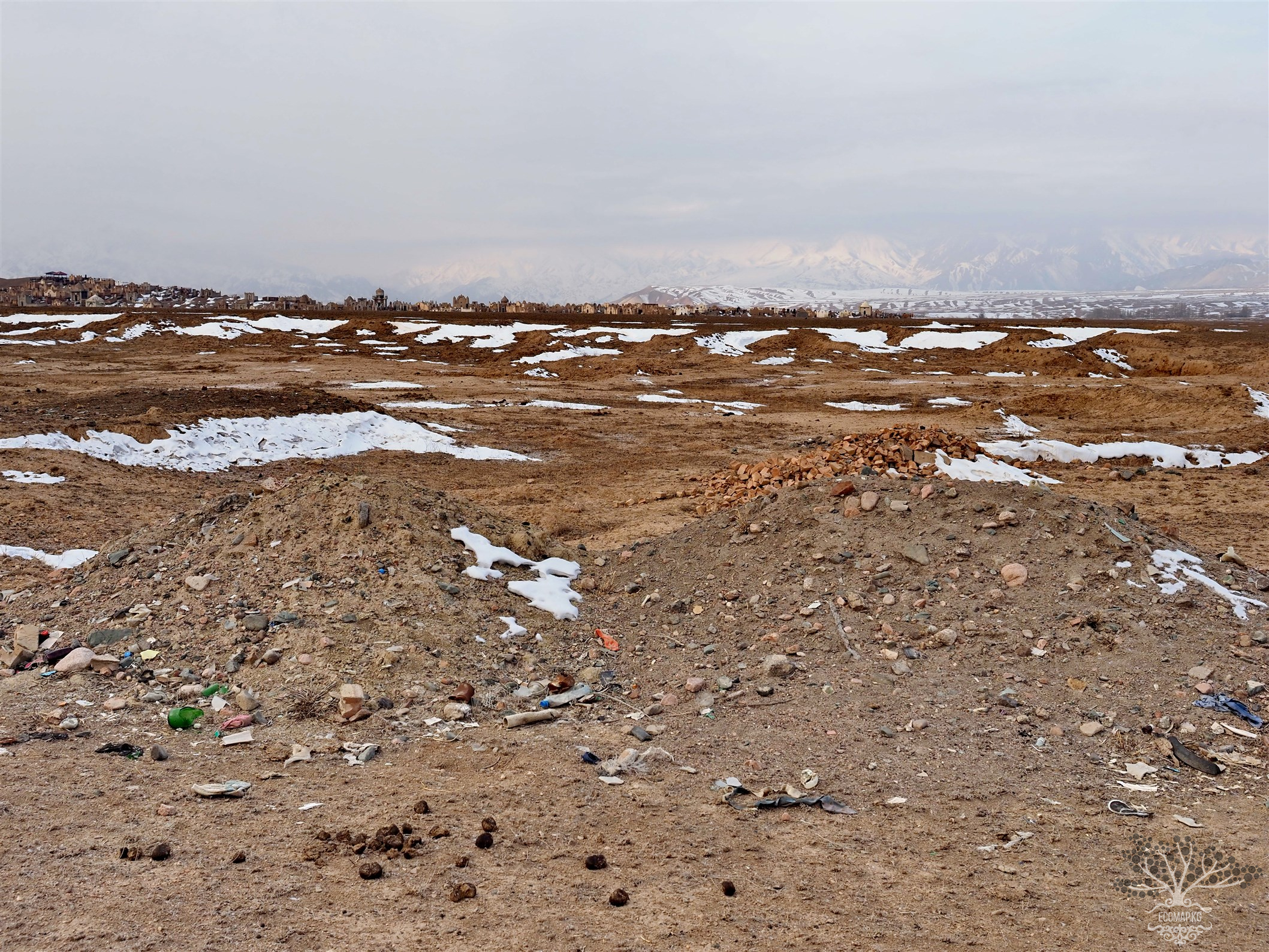

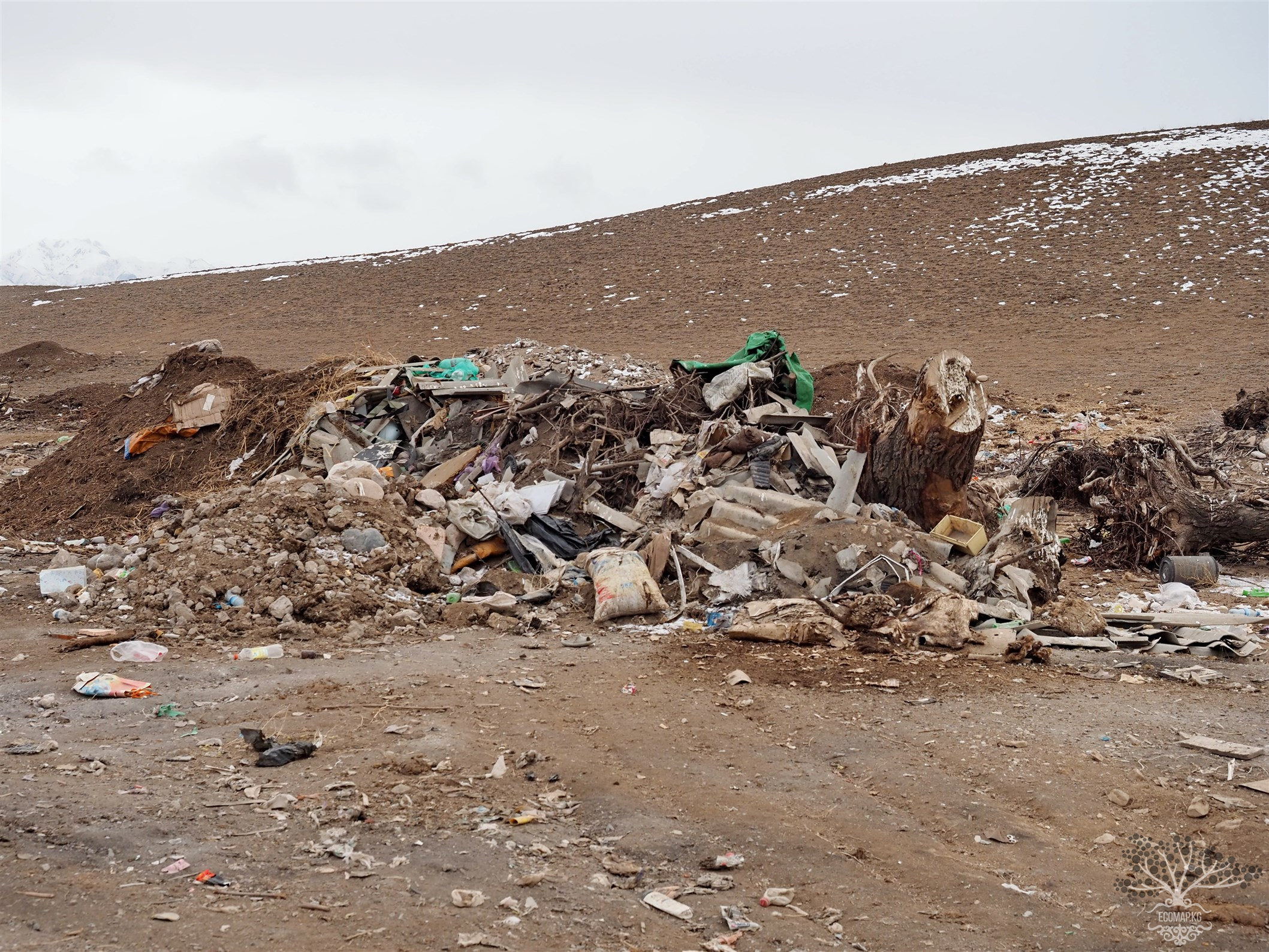
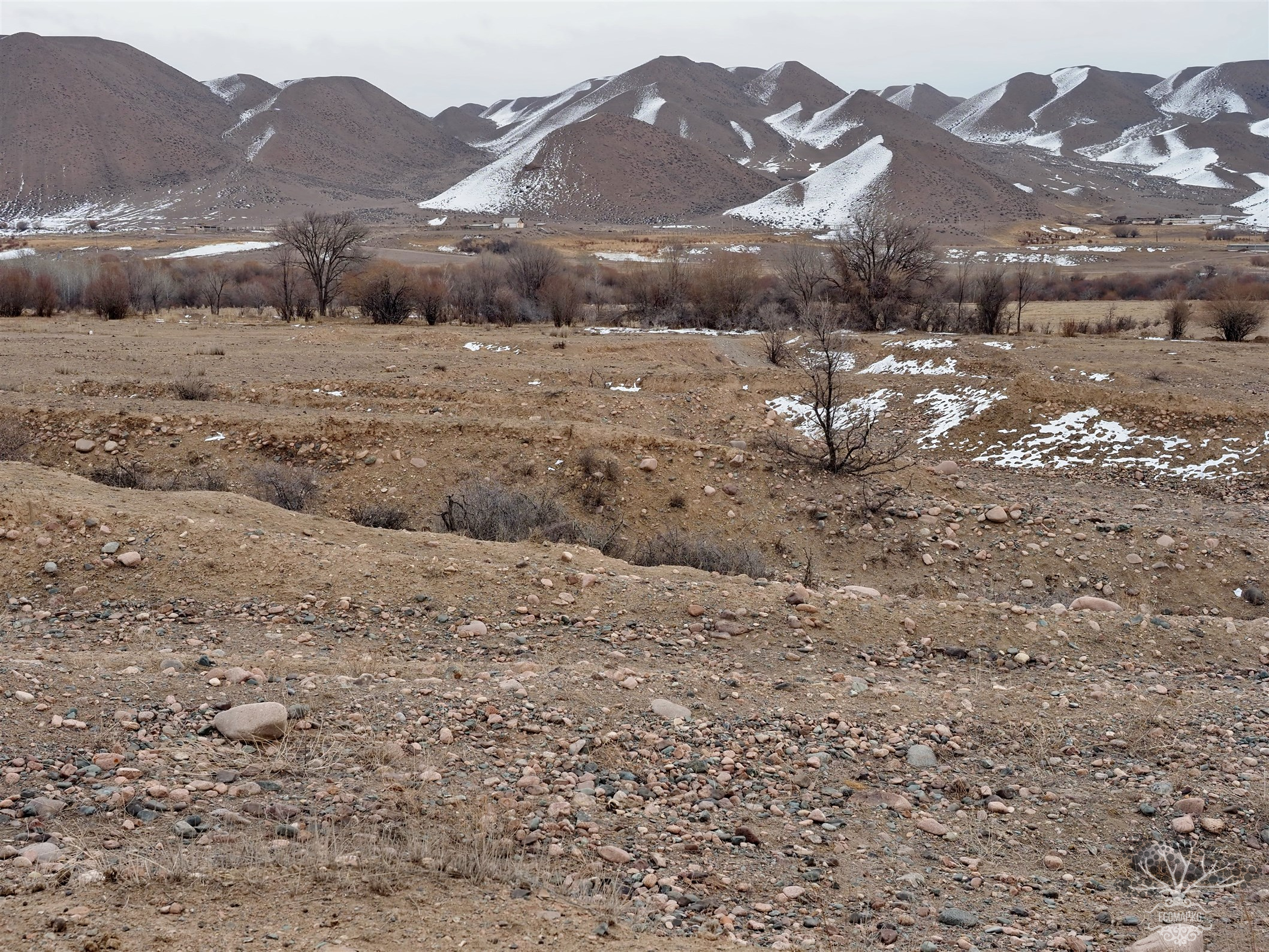
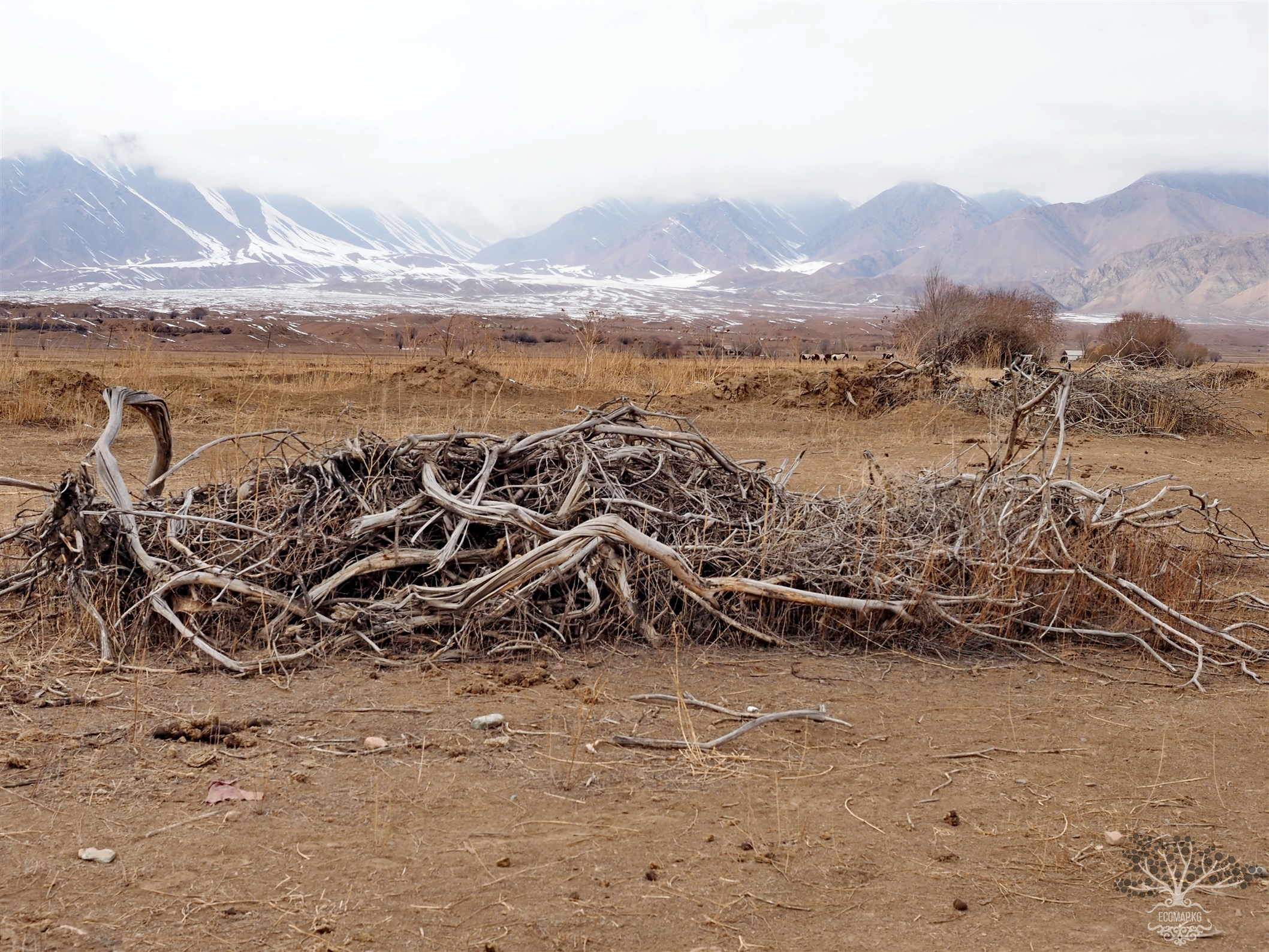
Attention: Information based on submitted complaints